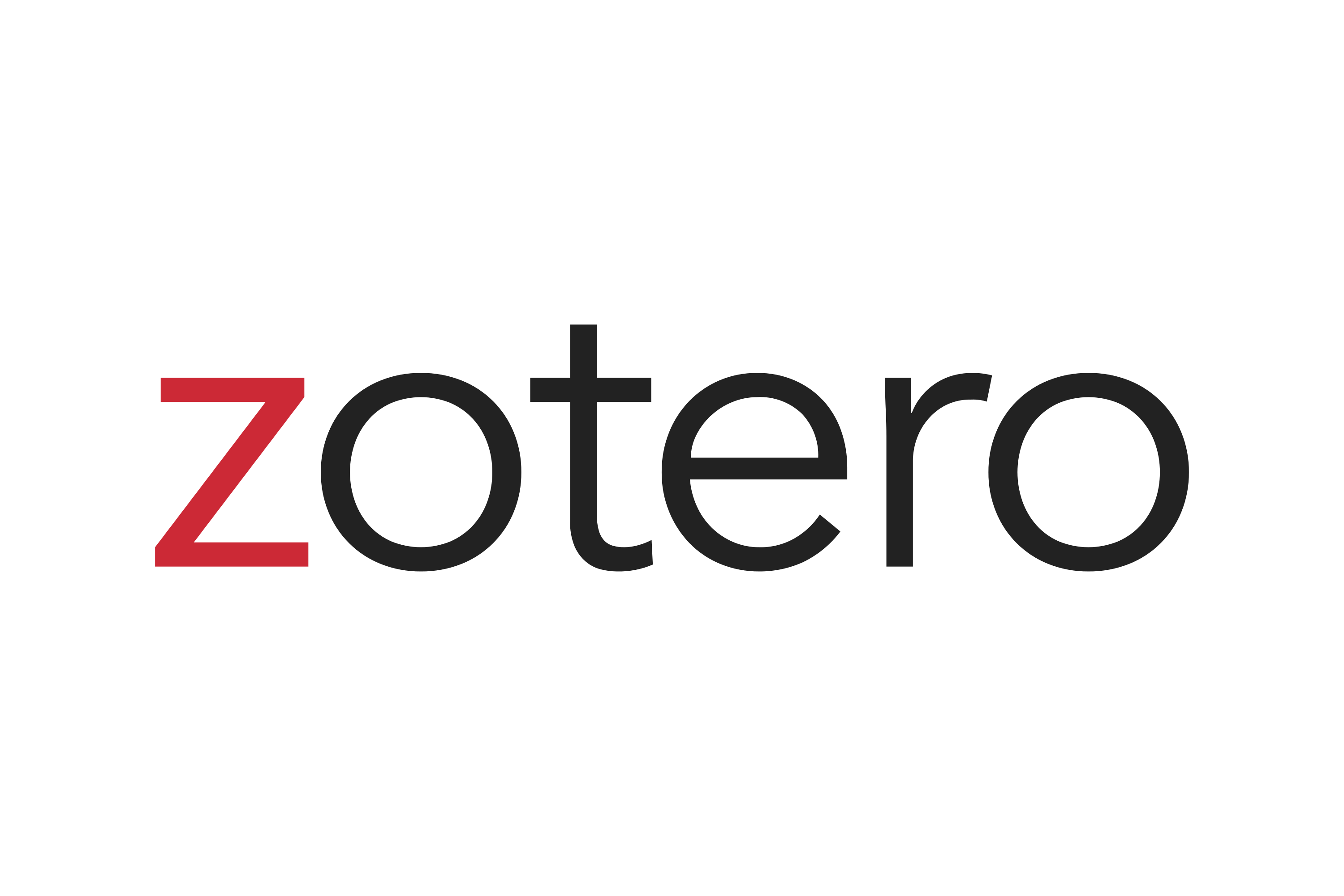CONCEPTUAL REFORMULATION OF TA'LIM AS A PARADIGM OF ISLAMIC EDUCATION LEARNING IN BUILDING EDUCATIONAL INTERACTIONS THROUGH RAHMANIYYAH PRINCIPLES
DOI:
https://doi.org/10.32678/alfath.v15i1.4542Keywords:
Al-Quran; Education; Ta'lim; Learning; Psychological; Interaction; EducationalAbstract
This article tries to reformulate the concept of ta'lim in the Quran so that it can be one of the solutions in answering the challenges of today's growing era. The civilization of science and technology is influenced by the philosophical schools of positivism, rationalism, and materialism. True according to this school, must come out with an approach to empiric boundaries and logic (secular), where scientific concepts must be measured in a mustard manner. All the truths produced must never reach the truths that are beyond the reach of the empiric. Al-Quran has very different characteristics and extraordinary, both in terms of content, language and systematics. Al-Quran has provided the best solution for all aspects of human life without limits of space and time, especially in the area of education. The pattern of Islamic education, which is seen as underdeveloped from the Western education model, is a challenge for Muslim intellectuals to formulate the concept of ta'lim that can bridge this gap. With the approach of review literature, the results of the study showed that the concept of ta'lim in the Quran if developed further is very closely related to psychological situations and highly interactive educational communication. Inter-relation between ta'lim concepts in this perspective will be able to build a comprehensive and integrative ta'lim concept with the presence of rahmaniyyah principles, so that intellectual generations will be born accompanied by a solid character.
Downloads
References
———. 2014. “TEORI SOSIOLOGI ISLAM ( Kajian Sosiologis Terhadap Konsep-Konsep Sosiologi Dalam Alquran.” Jurnal Pendidikan Agama Islam -Ta’lim 12(1): 25–40.
Ahmad Johari, Sihes. 2008. “Teori Pembelajaran.” Psikologi Pendidikan.
Aminuddin, Luthfi Hadi. 2010. “INTEGRASI ILMU DAN AGAMA: Studi Atas Paradigma Integratif Interkonektif UIN Sunan Kalijaga Yogjakarta.” Kodifikasia 4(1): 1–34. http://jurnal.stainponorogo.ac.id/index.php/kodifikasia/article/view/746.
Arifudin, Iis. 2016. “Integrasi Sains Dan Agama Serta Implikasinya Terhadap Pendidikan Islam.” Edukasia Islamika 1(1): 161–80.
Asep Hernawan Herry, and Dewi Andriyani. 2014. “Hakikat Kurikulum Dan Pembelajaran.” Modul Pembelajaran.
Bahtiar, Abd Rahman. 2017. “PRINSIP-PRINSIP DAN MODEL PEMBELAJARAN PENDIDIKAN AGAMA ISLAM.” TARBAWI : Jurnal Pendidikan Agama Islam.
Budiyanti, Nurti, Ahmad Syamsu Rizal, and Elan Sumarna. 2016. “IMPLIKASI KONSEP ŪLŪL ‘ILMI DALAM AL-QUR`ĀN TERHADAP TEORI PENDIDIKAN ISLAM (Studi Analisis Terhadap Sepuluh Tafsīr Mu’Tabarah).” TARBAWY : Indonesian Journal of Islamic Education.
Danver, Steven L. 2016. “Contextual Teaching and Learning.” In The SAGE Encyclopedia of Online Education,.
Daulay, Nurussakinah. 2014. “Islamic Education in the Study Ofislamic Psychology.” Ar-Raniry, International Journal of Islamic Studies 1(2): 193.
Dianita, Gita, and Aam Abdussalam. 2020. “Spiritual Pedagogic Foundation : Analysis of Western and Islamic Sociological Theory.” 3(2): 33–39.
Hariyanto, Ishak. 2015. “PANDANGAN Al-QUR ’ AN TENTANG MANUSIA.” Komunike 7(2): 38–51. http://ejurnal.iainmataram.ac.id/index.php/komunike/article/view/476.
Hassan, Surul Shahbudin Bin, and Muhammad Azhar Bin Zailaini. 2013. “Khatam Al-Quran in Islamic Education Curriculum in Malaysia.” Procedia - Social and Behavioral Sciences.
Hidayat, Taufik, Aam Abdussalam, and Fahrudin Fahrudin. 2016. “KONSEP BERPIKIR (AL-FIKR) DALAM ALQURAN DAN IMPLIKASINYA TERHADAP PEMBELAJARAN PAI DI SEKOLAH (Studi Tematik Tentang Ayat-Ayat Yang Mengandung Term Al-Fikr).” TARBAWY : Indonesian Journal of Islamic Education 3(1): 1.
Hj Ab Rahman, Asyraf, Wan Ibrahim Wan Ahmad, Nooraihan Ali, and Daud Ismail. 2015. “Quranic Literary Study: Sayyid Qutb’s Thought and Orientation.” Asian Social Science.
Huda, Miftachul, Jibrail Bin Yusuf, Kamarul Azmi Jasmi, and Gamal Nasir Zakaria. 2016. “Al-Zarnūjī’s Concept of Knowledge (‘Ilm).” SAGE Open 6(3).
Irawan. 2019. “Potensi Manusia Dalam Perspektif Al-Qur’an.” Islamika 13(1): 228–60.
Koller, John M. 2004. “From the Prophet to the Present: An Historical Approach to Understanding Islam.” The Journal of Comparative Asian Development.
Lisnawati, Yesi, Aam Abdussalam, and Wahyu Wibisana. 2015. “Konsep Khalīfah Dalam Al-Qur`Ᾱn Dan Implikasinya Terhadap Tujuan Pendidikan Islam (Studi Maudu’I Terhadap Konsep Khalīfah Dalam Tafsir Al-Misbah).” TARBAWY : Indonesian Journal of Islamic Education 2(1): 47.
Marwah, Siti Shafa;, and Aam Abdussalam. 2020. “Tinjauan Psikologis Humanistik Dalam Pedagogik Spiritual.” Al-Musannif 2(1): 15–28.
Nurjanah, Ida. 2018. “Paradigma Humanisme Religius Pendidikan Islam (Telaah Atas Pemikiran Abdurrahman Mas’ud).” MISYKAT: Jurnal Ilmu-ilmu Al-Quran, Hadist, Syari’ah dan Tarbiyah 3(1): 155–70.
Rahman, Panji Syahid, Dkk. 2018. “Teori Epistemologi Empirisme.” Repositori.Uin-Alauddin.Ac.Id: 91–108. http://repositori.uin-alauddin.ac.id/11781/1/KUMPULAN MAKALAH FILSAFAT.pdf#page=24.
rudi Ahmad Suryadi. 2015. “Refomulasi Epistemologi Islami Mengenai Tujuan Pendidikan.” Jurnal Pendidikan Agama Islam -Ta’lim 13(2): 137–56.
Salam, Nor. 2013. “Kata Ta’lim Dalam Al-Quran: Makna Dan Cakupannya: (Elaborasi Pendekatan Tafsir Tematis Dan Konsep Taksonomi Bloom).” 53(9): 1689–99.
Samad, Sri Astuti A. 2015. “Konsep Ruh Dalam Perspektif Psikologi Pendidikan Barat Dan Islam.” Fenomena 7(2): 221.
Sawaluddin, Sawaluddin. 2018. “Konsep Evaluasi Dalam Pembelajaran Pendidikan Islam.” Jurnal Pendidikan Agama Islam Al-Thariqah 3(1): 39–52.
Suprijono, Agus. 2009. “Cooperative Learning Teori Dan Aplikasi.” Kumpulan Metode Pembelajaran.
Wening, Sri. 2012. “The Nation’s Character Building through Value Education.” Jurnal Pendidikan Karakter.
Widiani, Desti. 2018. “Konsep Pendidikan Dalam Perspektif Al-Qur’an.” Murabby: Jurnal Pendidikan Islam 1(2): 185–96.
Widyawati, Setya. 2013. “Filsafat Ilmu Sebagai Landasan Pengembangan Ilmu Pendidikan.” Jurnal Seni Budaya 11(1): 87–96. https://jurnal.isi-ska.ac.id/index.php/gelar/article/view/1441/1415.
Downloads
Published
How to Cite
Issue
Section
License
Copyright Notice

Al-Fath: http://jurnal.uinbanten.ac.id/ is licensed under a Creative Commons Attribution-ShareAlike 4.0 International License
An author who publishes in Al-Fath agrees to the following terms:
- Author retains the copyright and grants the journal the right of first publication of the work simultaneously licensed under the Creative Commons Attribution-ShareAlike 4.0 License that allows others to share the work with an acknowledgment of the work's authorship and initial publication in this journal
- Author is able to enter into separate, additional contractual arrangements for the non-exclusive distribution of the journal's published version of the work (e.g., post it to an institutional repository or publish it in a book) with the acknowledgment of its initial publication in this journal.
- Author is permitted and encouraged to post his/her work online (e.g., in institutional repositories or on their website) prior to and during the submission process, as it can lead to productive exchanges, as well as earlier and greater citation of the published work (See The Effect of Open Access).
Privacy Statement
The names and email addresses entered in this journal site will be used exclusively for the stated purposes of this journal and will not be made available for any other purpose or to any other party.










